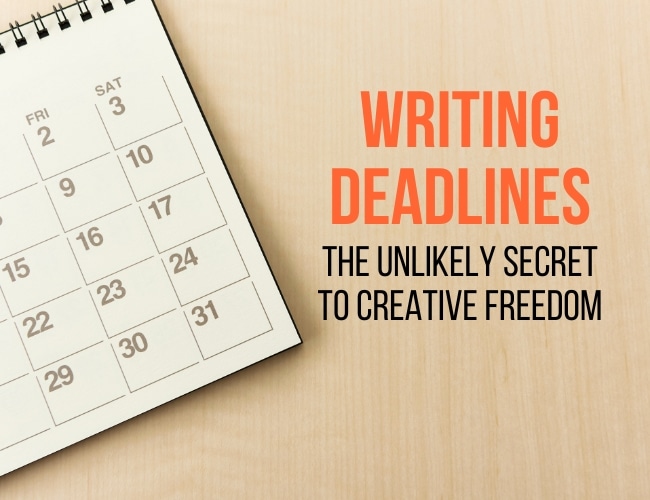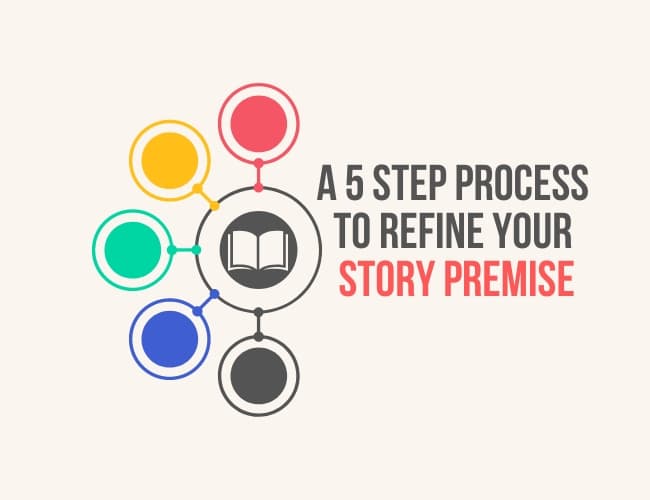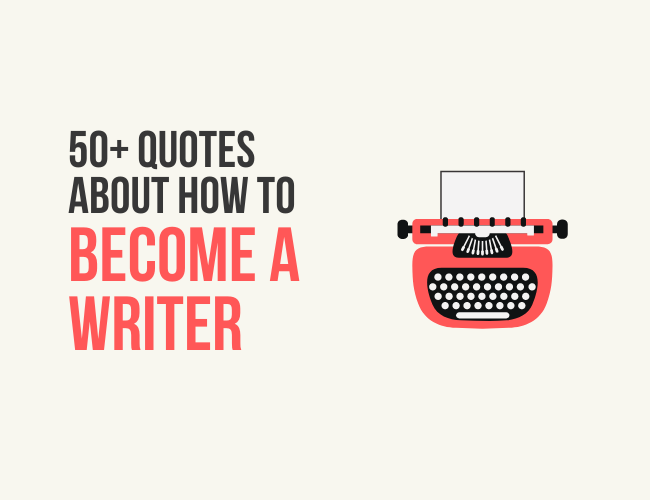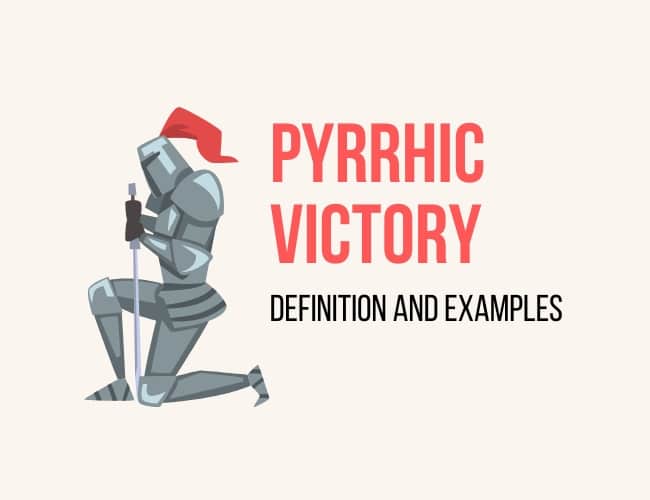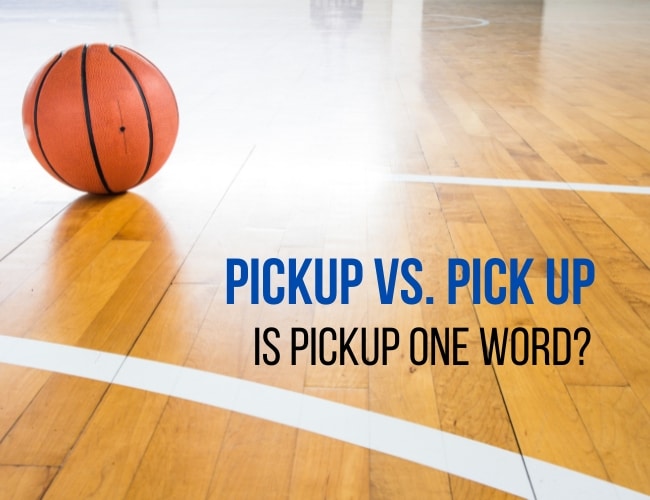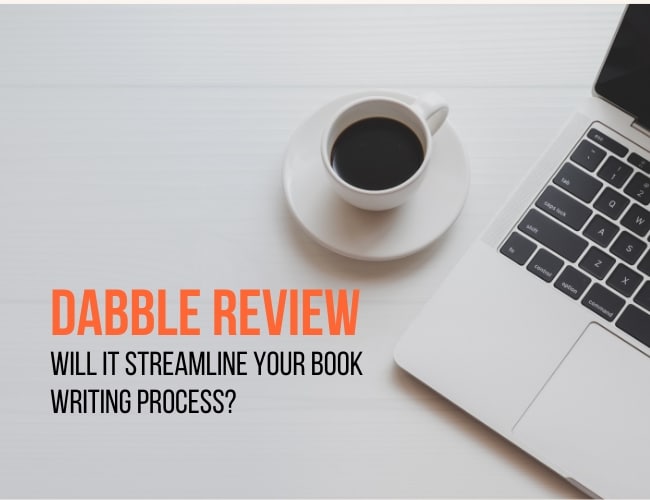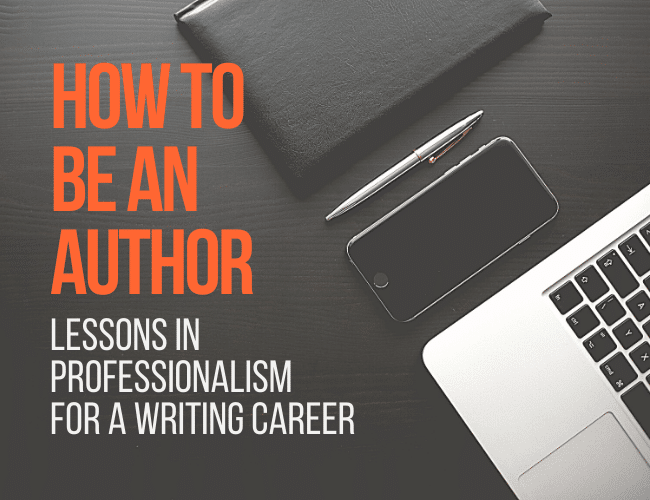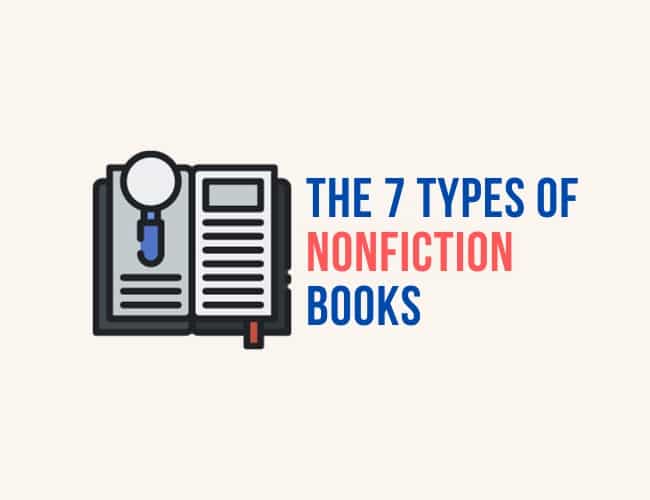I’m a firm believer in deadlines.
Some will argue that creativity has no end point and that they can’t be inspired if there’s a timeline. If that mindset results in powerful writing and stories that resonate with readers as regularly as you’d like, then go forth and continue with the process that is working for you!
If, however, you can’t seem to finish in the time and manner you desire, a little deadline practice might be just the thing you need to propel your writing forward.
